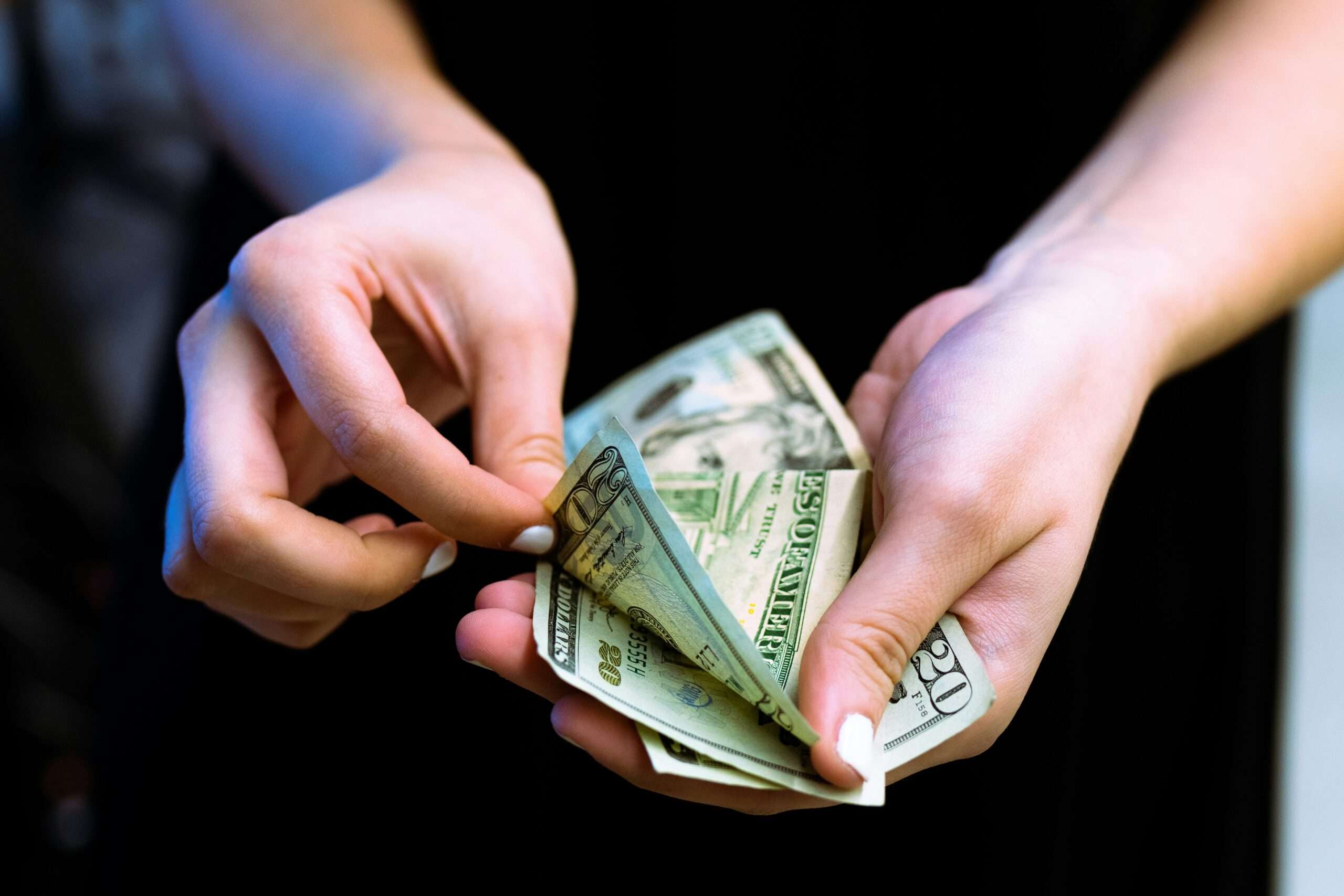I have always hated the state of Massachusetts because of its high taxes, poor roads, insufferable sports fans, puritanical values and thousands of leftist academics. Here is another reason to hate the state and avoid it. The state's only redeeming attraction is that it is within an easy drive of Montreal.

 reason.com
reason.com

Massachusetts court weighs whether all prostitution is sex trafficking
Five "traffickers" arrested for responding to an undercover cop's sex ad are challenging their convictions in the state's high court.
"So every John is a sex trafficker?" asked Massachusetts Supreme Judicial Court Scott L. Kafker in the courtroom last week.
"Yes, your honor," replied Plymouth County Assistant District Attorney Julianne Campbell.
The case—Commonwealth v. Garafalo—represents the latest assault on civil liberties and basic language to be carried out in the name of stopping sex trafficking.
Victimizing 'A Fictitious Individual Created by Law Enforcement'
It's long been a goal of certain radical feminists to define all sex work as sex trafficking. If you completely remove agency and free will from the equation—at least for women—then anyone who accepts money for sexual activity can be a victim and anyone who makes or facilitates this payment a criminal.
This paradigm is the basis for the "Nordic Model" of regulating prostitution, in which paying for sex is illegal but the basic act of offering sex for money is not. The Nordic model is established in many European countries, was adopted last year in Maine, and is gaining ground in the U.S. (where it's sometimes, confusingly, called the Equality Model).
In keeping with this paternalistic mindset, some places have also started to raise penalties for prostitution customers, even elevating solicitation from a misdemeanor to a felony. Meanwhile, at the federal level, trying to pay for sex with someone under age 18 counts as sex trafficking even when the solicitor does not know the minor's actual age.
Massachusetts may take these ideas one step further and declare anyone who tries to pay for sex at all to be a sex trafficker, thereby defining all prostitution, even between consenting adults, to be a form of sex trafficking.
A case that came before the Massachusetts Supreme Judicial Court (SJC) last week involves a prostitution sting conducted by Massachusetts state cops in 2021. The officers, posing as adult sex workers, posted ads online and arrested people who responded to the ads and attempted to meet up for paid sexual activity.
Regrettably, this type of sting is incredibly common in the U.S. It typically results in solicitation charges—still a misdemeanor in most places—for those ensnared. But in this case the state indicted those who responded to the sham ads on sex trafficking charges.
Massachusetts law says that anyone who "subjects, or attempts to subject, or recruits, entices, harbors, transports, provides or obtains by any means, or attempts to recruit, entice, harbor, transport, provide or obtain by any means, another person to engage in commercial sexual activity, a sexually-explicit performance or the production of unlawful pornography" is guilty of trafficking of persons for sexual servitude—a.k.a. sex trafficking. The crime is a felony, punishable by at least 5 years in prison (without eligibility for probation, parole, or work release) and a possible 20 years, plus a potential fine of up to $25,000.
The five defendants in Garafalo, arrested in the 2021 sting and charged with trafficking of persons for sexual servitude, pushed back against the charges, filing a motion to dismiss them in 2022.
State Judge Maynard Kirpalani agreed to dismiss the charges. "The grand jury heard no evidence that there were any actual victims in the cases involving any of the Defendants, as the woman in the advertisements was a fictitious individual created by law enforcement, and there was no money and/or sexual services exchanged," wrote Kirpalani. "Consequently, there was no evidence that any of the Defendants knowingly enabled or caused, or attempted to enable or cause, another person to engage in commercial sexual activity."
'We're Going To Take Every Single John…and Put Them in Prison for Five Years?'
The state appealed, but the Appeals Court judge also sided with the defendants. So the state appealed again.
The Massachusetts high court heard oral arguments for the case on January 6.
Massachusetts' position is that the state's sexual servitude statute clearly captures paying for sex among its prohibited activities. It comes down to the word "obtain," the state argued.
But at the same time the state legislature enacted a sex trafficking statute in 2011, it also raised the penalty for "soliciting a prostitute," making this misdemeanor crime punishable by "a fine of not less than $1,000 and not more than $5,000" and up to two and a half years in jail.
"We're going to take every single John, charge them with sex trafficking, and put them in prison for five years? I don't think that was the intent," defense attorney Patrick Noonan told Massachusetts Supreme Judicial Court justices last week. It would make the misdemeanor offense completely redundant.
It's unclear when a decision will be issued, but "SJC cases are typically decided within 130 days," the Boston Globe reports.
The Dangers of Exploitation Creep
This is an important case to watch for folks concerned with the inflation of human trafficking and sex trafficking—concepts that have undergone a massive case of what sometimes called "exploitation creep." In recent decades, we've seen a series of attempts to expand the parameters of these crimes from truly heinous and coercive acts to much less serious offenses.
In many cases, this has involved roping in third parties—drivers, websites, hotels, social media platforms, sales software companies, etc—into liability for coercive or violent acts that did take place but of which they had only the most tangential and unwitting involvement. Another element of this impulse involves defining consenting adult sex workers as prima facie victims and anyone who pays them as a victimizer or trafficker.
If Massachusetts' high court justices side with the state, it obviously won't bind other states to similar interpretations of their own sex trafficking statutes. But plenty of police agencies and prosecutors across the country already refer to plain old prostitution stings as "sex trafficking operations" and the arrest of potential prostitution customers as a "human trafficking bust," even when the only charges brought are misdemeanor solicitation charges. The authorities in many states would clearly welcome the opportunity to include attempting to pay for sex under the official rubric of sex trafficking.
If Massachusetts' top court greenlights the state's attempt to charge sex-work customers as sex traffickers, you can bet it will encourage authorities in other states to play faster and looser with their own definitions. If the court sides with the state here, I think we'll be looking at a major escalation of an already dangerous trend.
Labeling people who want to pay a willing adult for sex as sex traffickers is certainly unfair to those people, and not just because they can be imprisoned for so much longer. It's one thing to have a misdemeanor arrest on your record or to have to disclose a solicitation conviction; it's quite another to have a felony record and have to tell people you're a convicted sex trafficker.
And the negative consequences of this shift don't stop with those convicted. Defining all prostitution as sex trafficking threatens to drive the industry further underground and to make customers less likely to engage in screening protocols and other safety measures, making the work more dangerous for adult sex workers and for adult and minor victims of sexual exploitation alike.
It also takes resources away from fighting crimes where there are actual victims, instead encouraging cops and prosecutors to conduct sure-thing stings where the only "victim" is an undercover cop.
And it does all this while letting authorities ratchet up sex trafficking arrest and conviction numbers, confusing the issue by conflating two very different things in public data. This spike in arrests and convictions can then be used to stoke public fear and build demand for more action. It's can be used to justify raising police budgets, expanding surveillance power, suppressing online speech, and generally calling for more tough-on-crime policies. It can also be used to call for new regulations on businesses as diverse as massage parlors, hotels, and social media platforms.
Policies like these affect people far beyond sex workers and their clients, and they do nothing to help actual victims of sexual violence, coercion, and abuse. Let's hope Massachusetts justices see the state's ploy for what it is and make the right call here.
Last edited:







